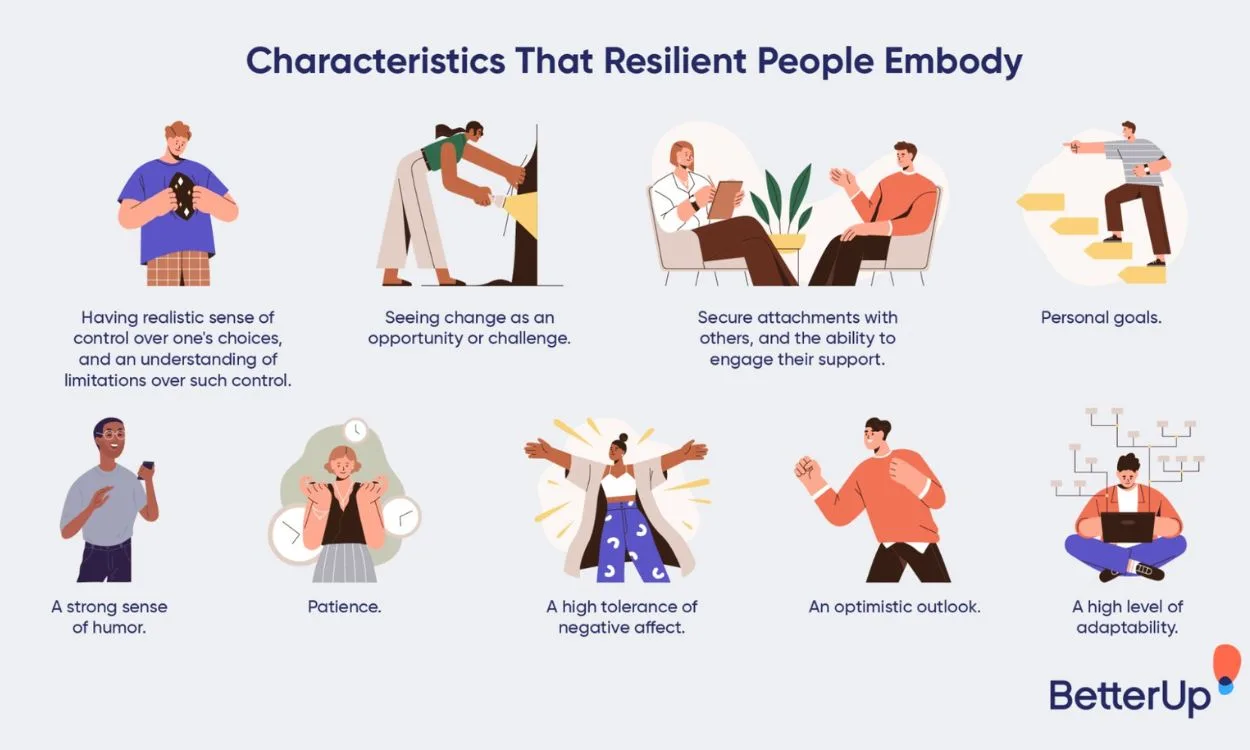

Mindful Strength: Mental Resilience Techniques
Building mental resilience is essential for navigating life’s challenges with strength and adaptability. In this article, we’ll explore various techniques that promote mental resilience, fostering a resilient and empowered mindset.
Understanding Mental Resilience
Mental resilience is the ability to bounce back from adversity, adapt to change, and navigate stress with composure. Understanding the nature of mental resilience is the first step toward developing techniques that strengthen this vital aspect of mental well-being.
Cultivating a Growth Mindset
A growth mindset is foundational to mental resilience. Embracing challenges as opportunities for growth and viewing setbacks as learning experiences contribute to a resilient mindset. Cultivating a growth mindset fosters adaptability and a positive outlook in the face of adversity.
Mindfulness and Stress Reduction
Mindfulness practices are powerful tools for enhancing mental resilience. Techniques such as meditation, deep breathing, and mindful awareness help manage stress and promote a calm and centered mental state. Regular mindfulness practices build the capacity to respond to challenges with clarity and balance.
Positive Self-Talk and Affirmations
The way we talk to ourselves influences our mental resilience. Positive self-talk involves cultivating an optimistic and supportive inner dialogue. Incorporating affirmations that reinforce strengths and resilience can shift the mindset from self-doubt to self-empowerment.
Building a Supportive Network
Social connections play a significant role in mental resilience. Building a supportive network of friends, family, or community fosters a sense of belonging and provides a valuable resource during challenging times. Sharing experiences and seeking support strengthens mental resilience.
Goal Setting and Achievement
Setting and achieving goals contributes to a sense of accomplishment and builds mental resilience. Breaking larger goals into smaller, manageable steps allows for a sense of progress and achievement. Celebrating milestones, no matter how small, reinforces resilience.
Embracing Adaptability
Life is dynamic, and adaptability is a key component of mental resilience. Embracing change and approaching it with a flexible mindset allows for smoother transitions and reduces the impact of unexpected challenges. Resilient individuals see change as a natural part of life.
Healthy Lifestyle Choices
Physical well-being is intertwined with mental resilience. Adopting a healthy lifestyle that includes regular exercise, balanced nutrition, and sufficient sleep supports overall well-being. A healthy body contributes to a resilient and vibrant mind.
Seeking Professional Guidance
Sometimes, developing mental resilience may require professional guidance. Therapists, counselors, and mental health professionals can provide tools and strategies to enhance resilience. Seeking help is a proactive step toward strengthening mental well-being.
Explore Mental Resilience Techniques at Oofamily.com
For additional insights and resources on mental resilience techniques, visit Mental Resilience Techniques. Discover articles, tips, and expert advice to empower your journey towards a resilient and adaptive mindset. Prioritize mental resilience for a fulfilling and balanced life.
In conclusion, mental resilience is a skill that can be cultivated and strengthened through intentional practices. From embracing a growth mindset to incorporating mindfulness, building a support network, and making healthy lifestyle choices, these techniques contribute to a resilient and empowered mental state. By exploring and integrating these strategies, individuals can navigate life’s challenges with mindful strength and adaptability.








